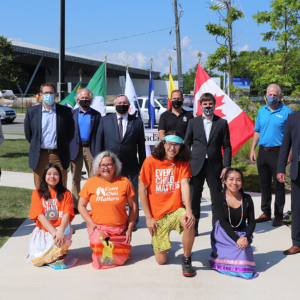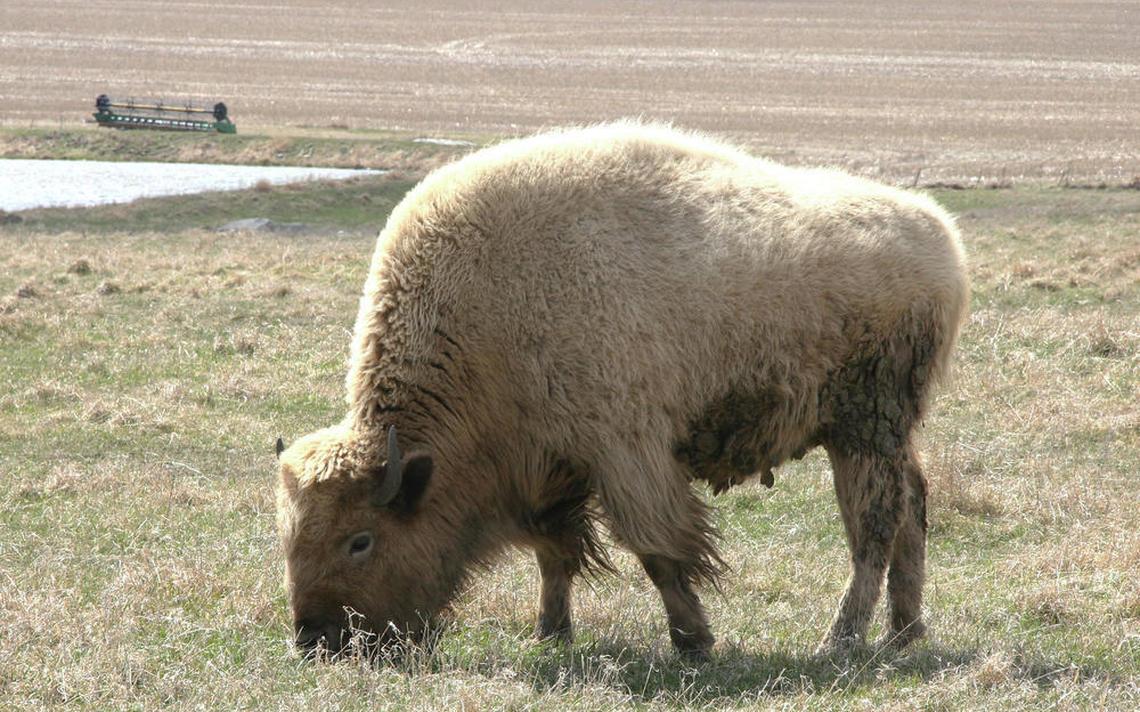Rick Hill, Chairperson of Six Nations Legacy Consortium spoke at the 200th Anniversary Commemoration of Battle of Chippawa, where over 800 re-enactors played various roles.
The re-enactment took place over the weekend in Niagara Falls. According to US Commanding General Peter S. Porter, in recalling Seneca warriors at Chippawa, July 5, 1814, “The Iroquois rushed forward with a deafening chorus of war cries and pursued the snipers, for more than a mile through scenes of indescribable horror, few only of the fugitives surrendering themselves as prisoners, while others believing that no quarter was to be given, suffered themselves to be overtaken and cut down with the tomahawk, or turned upon their pursuers and fought to the last.”
The following is an excerpt of Hill’s speech:
“On behalf of the Haudenosaunee at Grand River, nyaweh skannoh gah gwe goh (I am thankful that you are all well and at peace.) This is a difficult day for the Six Nations people of the Grand River Territory because of what happened here 200 years ago. While it was a great victory for our Seneca and Onondaga cousins from across the water at Buffalo Creek, it was a very dark day for the Mohawks, Cayugas and Onondagas from Grand River.
Despite warnings from Red Jacket and other Seneca leaders prior to the start of the war of 1812, we picked up the tomahawk and headed down the war path, our warriors clashing with each other, nearly toppling the Great Tree of Peace and the Confederated government that once unified our people.
Nearly 25% of the total force of warriors from Grand River fell at this place 200 years ago, their blood staining our Mother, the Earth, and leaving a wound that is still not completely healed. Their deaths, at the hands of their relatives from Buffalo Creek, were horrific. The sight of the bodies lying on the ground shook the most battled-hardened warriors. They began to question the real price they were paying for fighting in that war.
Red Jacket proposed a truce and after three days of deliberations, the Grand River chiefs agreed to a mutual withdrawal. While some warriors from both sides continued to fight throughout the duration of the war, our involvement ended, and the men returned home to protect their families and rebuild their lives.
So it is with a deep sense of sadness that I acknowledge those who did not make it home from this battlefield. At the same time, I ask that their souls rest in peace, knowing that their sacrifice led to the eventual reunification of our people, as my ancestors replanted the Tree of Peace at Burlington Heights and Fort George in 1815.
I hope those who fell here also find some joy in knowing that the Haudenosaunee – People of the Longhouse – continue to exist as one people to this very day. And, we still hold on to some of the land that they desperately fought to protect.
It is my heart-felt hope that our allies during this war will live up to the commitments made by their ancestors, many of whom also gave up their lives here, so that the Covenant Chain of Peace, this most ancient of treaties, will live on for many generations to come.
On behalf of the men, women, children and veterans of the Six Nations community at Grand River, I offer thanks to all of you for being here and listening to these words. Dah-ne-to.”
Events will be going on in various locations throughout the summer in commemoration of the 200th anniversary of the War of 1812. To get a listing of events which are taking place from now through September you can visit the official War of 1812 website at http://www.visit1812.com/.







